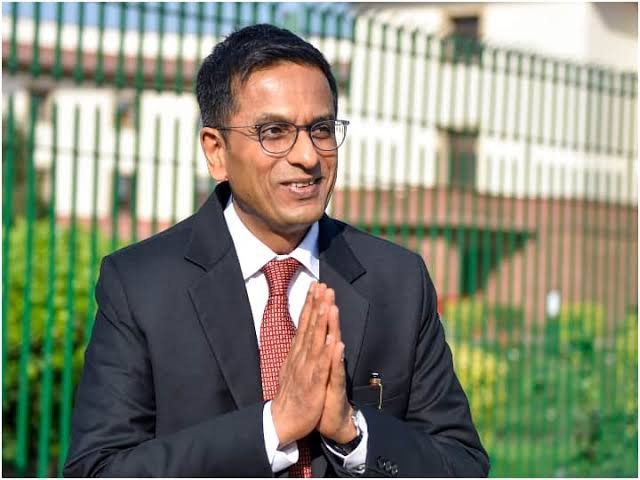New Delhi, February 15, 2024: In a landmark judgment, the Supreme Court of India has declared the Electoral Bonds Scheme as unconstitutional. The scheme had been introduced by the Government of India in 2018 to promote transparency in political funding. However, in its verdict delivered today, the apex court ruled that the scheme failed to meet its objective and instead infringed on the fundamental right to information under Article 19(1)(a) of the Constitution.
What are Electoral Bonds?
- Bearer bonds introduced by 2018 amendment to facilitate transparent political donations
- Anonymous bonds available in denominations of Rs 1,000, 10,000, 1 lakh, 10 lakh and 1 crore
- Valid for 15 days after purchase, interest-free
- Donors exempted from paying tax on donations
- Parties have to redeem bonds within 15 days
Key Highlights of the Judgment
- The court stated that the scheme’s purpose of curbing black money in political funding does not justify denial of information to citizens about political funding and donors.
- It noted that financial contributions to political parties could lead to quid pro quo arrangements that raise concerns about policy decisions being dictated by monetary donations.
- The opacity of the scheme was seen as allowing an influx of black money into politics and providing anonymity to donors who could then extract advantages from political parties.
- The judgment highlighted that indiscriminate funding of political parties through electoral bonds damages transparency and could shake people’s faith in democracy.

Implication of the Verdict
The Supreme Court directed the State Bank of India (SBI) to immediately cease the issuance of electoral bonds. SBI was also ordered to provide detailed records of all contributions received by political parties under the scheme since 2019 to the Election Commission of India (ECI) within 3 weeks.
Upon receiving this data, the ECI has been mandated by the court to upload the information on its website to ensure transparency and public access. The verdict is expected to significantly impact political funding in the country.
Reactions to the Judgment
The decision has evoked mixed reactions from political parties. While opposition parties have welcomed the move, the ruling BJP has called it ‘disappointing’.
“This is a historic step in promoting transparency in electoral democracy,” said Rajesh Sharma, national spokesperson, Congress.
Meanwhile, BJP spokesperson Anirudh Singh criticized the verdict as “judicial overreach that prevents legitimate donations to political parties.” He indicated that the party may file a review petition against the judgment.
Background of the Case
The Electoral Bonds Scheme was introduced by amending various laws including the Reserve Bank of India Act, the Representation of People Act, the Income Tax Act and the Companies Act. It allowed anonymous donations to political parties and had no cap on the amount of money that could be donated.
The scheme opened a window for unchecked, anonymous financing to enter Indian politics. Though it aimed to eliminate cash donations made to political parties and bring transparency in political funding, its provisions for donor anonymity drew sharp criticism.

A batch of petitions in the Supreme Court had challenged various aspects of the scheme on grounds of threats to transparency, the right to information, and fair and open elections in the country. The apex court has now upheld these concerns while striking down the scheme.
The Supreme Court’s declaration of the Electoral Bonds Scheme as unconstitutional is a landmark event regarding political funding reforms in India. While the government had introduced the scheme to promote transparency in political donations, its provisions for donor anonymity were strongly criticized. The apex court took note of apprehensions that opacity in funding could sway political decision-making and undermine democracy.
The verdict is seen as a significant step towards electoral transparency and cleaning up political finance in the world’s largest democracy. However, its implementation by political stakeholders will determine if it translates into actual public disclosure of party donations.
Read about India’s Coal Imports See Steep Rise of 27%, Sparking Concerns











